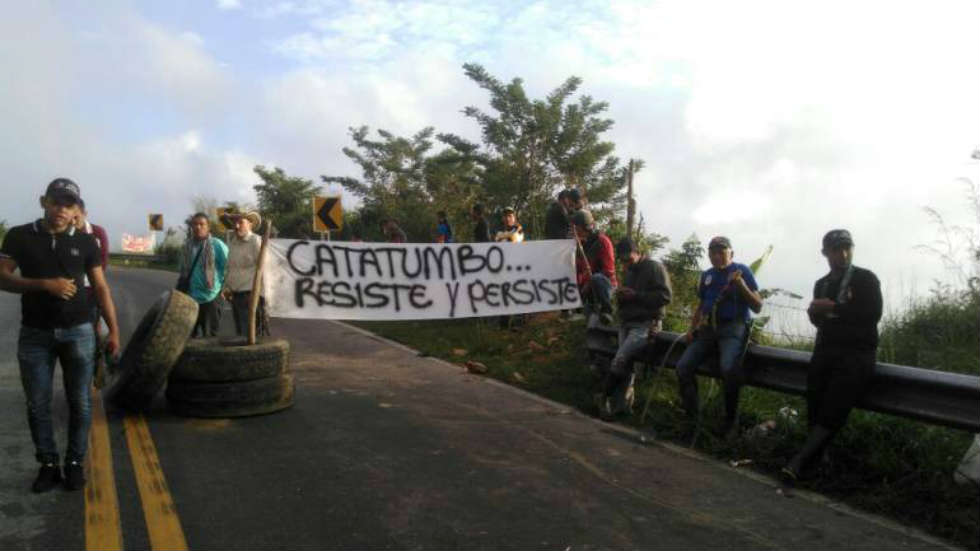The United Nations in Colombia on Wednesday warned the government it may not deploy the military as social protests across the countryside escalate.
The UN’s human rights office in the country showed a video of armed tanks allegedly driving through the northeastern Catatumbo region where local farmers demand promised support to eradicate coca.
Hundreds of UN observers are monitoring a peace process between the State and the now-demobilized FARC rebels, and a ceasefire with the much smaller ELN rebel group.
Why Catatumbo?
The long-neglected Catatumbo region is a key coca growing region mainly controlled by the ELN, guerrillas who are in their first ceasefire since the group’s foundation in 1964.
The government has accused illegal armed groups like the ELN of infiltrating protests. The locals have claimed the police and military have begun destroying coca crops after government promises for support in crop substitution.
Colombia’s frontlines of the drug war: Catatumbo
According to the UN, the military would be fighting civilians rather than any of the guerrilla, paramilitary or drug trafficking groups.
United Nations’ Human Right Office in Colombia
Peace process in times of drug war
The international observers have criticized the government over failures in the execution of the peace agreement with the FARC, both towards the guerrillas and society.
Bogota is allegedly out of money, especially to carry out its counter-narcotics policy.
Defense Minister Luis Carlos Villegas said Wednesday that at least 13 policemen had been injured after attacks by civilians in Catatumbo and Cauca, where indigenous protesters have blocked major trade routes.
Defense Minister Luis Carlos Villegas
The indigenous communities demand the government fulfills “1000 promises” made to the natives, including inclusion in the FARC process beyond coca crop substitution.
Colombia’s national indigenous organization reported 13 injuries due to police violence.
Social protest and state neglect
In many regions where protests have surged, and Catatumbo in particular, the state has either abandoned or neglected the region, leaving them under control of illegal armed groups.
At times with no other options, more than 100,000 farmers across Colombia grow coca, the base ingredient for cocaine, effectively fueling the groups in charge of trafficking drugs.
Illegal armed groups in Catatumbo
Locals in remote regions like Catatumbo are now caught between illegal armed groups and state forces that fail to effectively impose state authority.
The UN, which has now signaled it is watching the protests, is monitoring the peace process and has been involved in the promotion of a crop substitution program. Its mission chief reports back to the General Assembly regularly.



